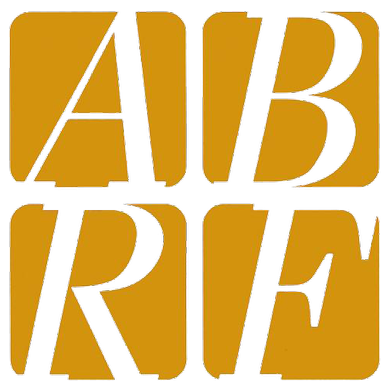Viral Vector Manufacturing: Quality Attributes of rAAV Used in Clinical Development
Recombinant Adeno-Associated Virus (rAAV) are widely used for human gene therapy, now the basis for two licensed products (for RPE65-/-, and SMA) and numerous other investigational treatments for a range of diseases including hemophilia, cystic fibrosis, muscular dystrophy, and many neurological disorders. Process development to manufacture such bioproducts is complex, time consuming and expensive, with scale-up being a major technology challenge for commercialization. While much progress has been made to implement clinical vector production (upstream) and purification (downstream) processes at large scale, required for high dose indications, many challenges remain in vector design, manufacturing methodology, and product characterization to meet the promise of this emerging paradigm biologic. Ongoing innovation is required to fully understand the critical quality attributes of AAV vectors for human use, for example to minimize immunogenic features, and to establish suitable and standardized analytical systems to monitor and control clinical manufacturing processes and characterize the purified vector products.
“Research-grade” vectors are not subject to the same control criteria; however, similar approaches are utilized on a routine basis in cores and research labs to manufacture viral vectors for discovery, investigational product development, and IND-supporting studies. In that regard, academic centers should promote and implement good practices and make transferable protocols to accelerate gene therapy drug development. At the GVVC a high-throughput platform has been optimized to produce custom rAAVs with a rapid turnaround and rigorous analytical methods for quality control. These includes qualified qPCR titer methodology, purity using a range of tests, and functional activity (infectivity) verification of the recombinant virus. Furthermore, this core facility borrows from GXP practice for carefully segregated workflow to prevent product cross-contamination in a very high throughput environment. To date the GVVC facility has manufactured over 5000 custom AAV vector batches for Stanford researchers as well as neuroscientists throughout the country and internationally.

